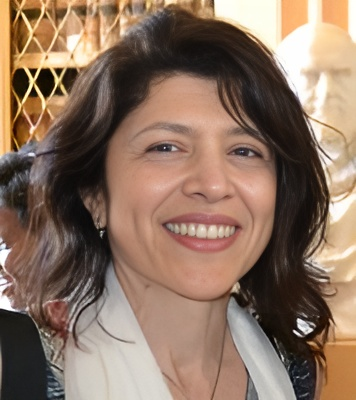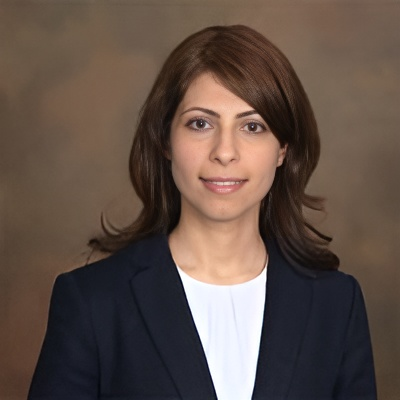
Francesca Flamini
Adam Smith Business School, University of Glascow, United Kingdom
Dynamic Games and Applications Seminar
Bargaining with Investment and Endogenous Status-quo
Nov 27, 2025 11:00 AM — 12:00 PM (Montreal time)
Zoom webinar link
The novelty of this paper is to investigate bargaining games where not only the status-quo can be (fully/partially) endogenous but parties can also affect the size of the future surplus (via investment). We show that there can be phases of both over- and under-investment under a fully endogenous status-quo. Moreover, players agree to invest more when they are sufficiently patient and investment is not endogenous. Instead, with pronounced asymmetries, both farsighted and shortsighted parties invest more when investment is endogenous. We study the impact of capital depreciation, asymmetry in parties’ patience and status-quo on the equilibrium.

